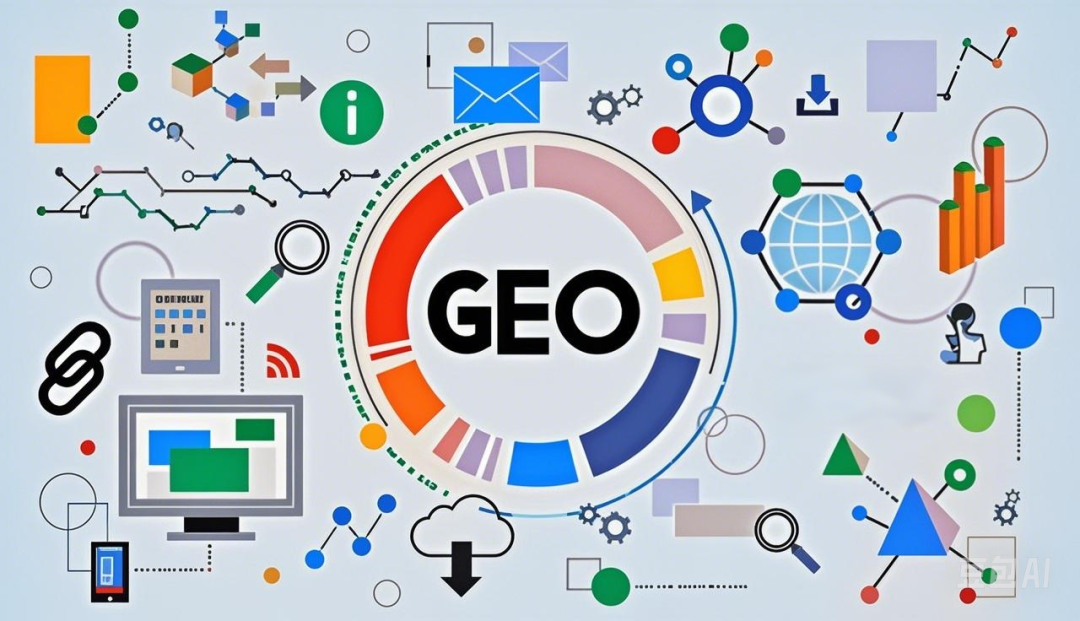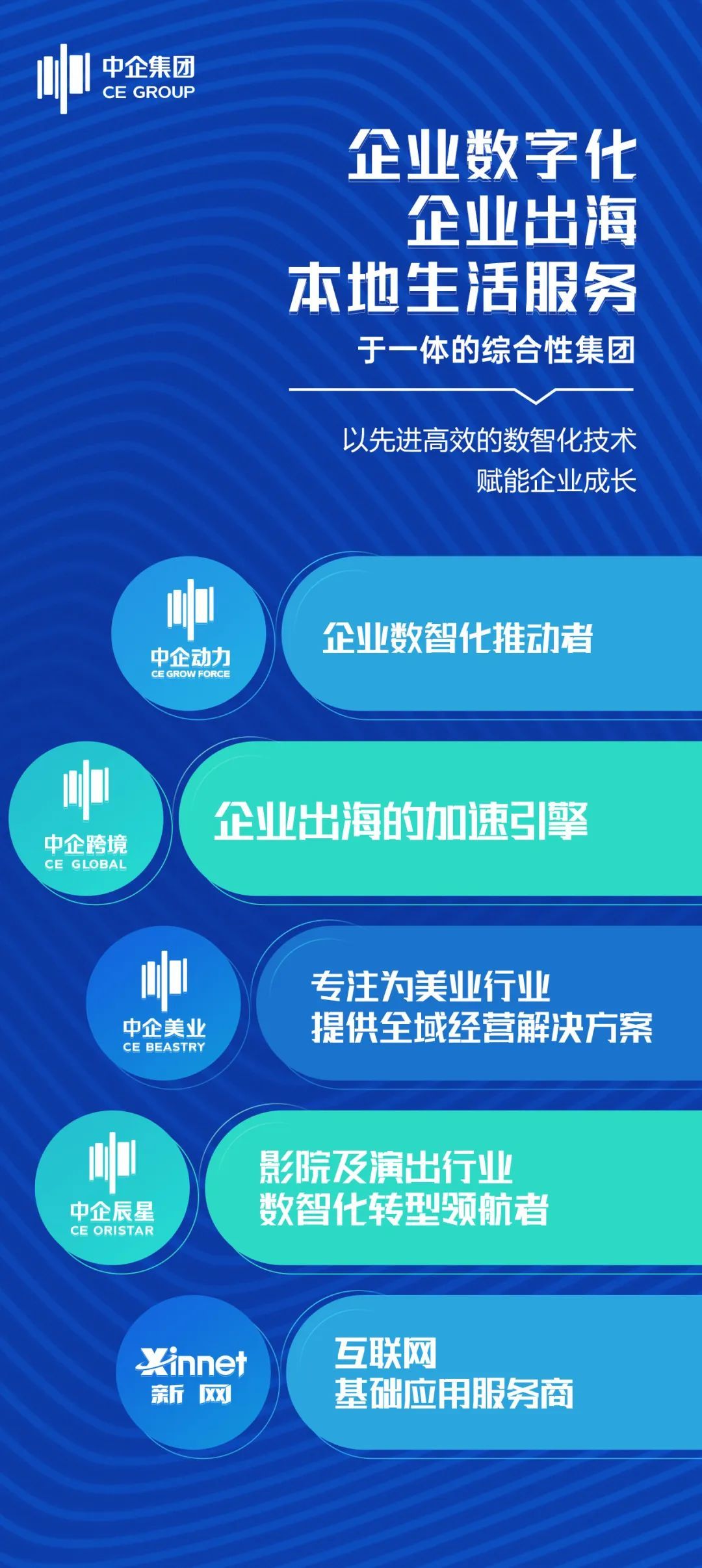How can B2B companies seize the opportunity as GEO becomes the new paradigm for search optimization in the AI era? | Industry Observation
2025-04-02
China Enterprises Group


At 1 AM, the marketing director of a cross-border e-commerce SaaS company is closely monitoring the data backend. Three months ago, they began experimenting with a GEO (Generative Engine Optimization) strategy, optimizing content structure, strengthening data support, and adjusting the layout of multimodal content. Now, their website traffic has increased by 42%, a significant result.
This is not an isolated case. Globally, nearly 1 billion searches are conducted daily using generative AI, and search methods are being reshaped. Companies that have taken the lead in deploying GEO are enjoying the benefits of new traffic.

GEO: A New Paradigm for Search Optimization
When it comes to GEO, people naturally think of SEO. For a long time, SEO has been an important tool for companies to attract users and increase online exposure. GEO, however, leverages the content understanding and generation mechanisms of AI search engines to integrate company content into AI-generated answers, presenting it to users in a more intuitive and precise manner.
It's important to clarify that GEO does not replace SEO; the two complement each other. High-quality SEO helps AI discover company content, while GEO further influences how AI understands and uses this content, making it more valuable.
For example, when a user searches for "Southeast Asia cross-border e-commerce logistics solutions," the AI does not provide 10 blue links but generates a comprehensive report containing timeliness comparisons, cost analyses, and service provider recommendations. If a company's content is sufficiently professional, data-rich, and clearly structured, it is more likely to be cited, integrated, and recommended by AI, thus seizing new heights in search traffic in the AI era.

The Core Logic of GEO Optimization
The core of GEO optimization lies in how to make AI more willing to recommend a company's content. Several aspects need attention:
First, content must adhere to the principle of semantic priority. AI search engines focus more on the user's true intent. Companies need to produce high-quality, clearly structured content that genuinely answers user questions.
Second, AI search engines prefer to parse structured content. In the GEO era, content readability and information hierarchy are crucial. Companies need to use clear title levels, lists, data support, and conclusions to better help AI parse and cite content.
Furthermore, AI search engines tend to recommend authoritative information, meaning companies need to enhance the credibility of their content. High-quality white papers, industry research reports, real customer case studies, and citations from industry experts are all effective ways to improve brand information authority.
In GEO optimization, multimodal content is also crucial. AI analyzes not only text but also understands images, videos, and audio information. Therefore, incorporating short videos, infographics, and interactive Q&A can increase the chances of being recommended. User interaction is also an important factor influencing rankings. Comments, likes, and user feedback further strengthen the AI search's recommendation weight for the content.

Why is GEO Crucial for the B2B Industry?
B2B procurement processes are relatively complex, with longer decision cycles. The professionalism and credibility of information play a crucial role in marketing, making GEO a new variable influencing the exposure and brand influence of B2B companies.
First, GEO optimization enhances brand authority and customer trust. AI search engines tend to recommend professional, in-depth, and credible information. If B2B companies can consistently output high-quality industry analyses, solution case studies, and in-depth research, they can increase their weight in AI search results, making it easier for customers to access brand information.
Second, GEO optimization helps companies influence the early stages of customer decision-making. Before making B2B purchasing decisions, customers typically conduct extensive market research and information gathering. AI search is gradually becoming their primary tool for obtaining information. If a company's content is prioritized by AI, it can establish brand awareness in the early stages of customer decision-making, thus influencing the final purchasing decision.
More importantly, GEO optimization allows company content to be more naturally cited by AI search resulting in long-term, stable organic traffic, improved ROI, and a crucial tool for building long-term competitiveness.

The Future is Here, and [Company Name] is Ready
For B2B companies, GEO is a new strategy worth exploring. With the continuous evolution of search methods, [Company Name] has already begun to promote its GEO optimization strategy, focusing on core areas such as enterprise digitalization, enterprise overseas expansion, local life, and AI applications to build more professional and efficient service capabilities. At the same time, we will continue to monitor the development trends of mainstream AI search tools, optimize content strategies, and help enterprise clients seize opportunities in the AI era, achieving smarter, more efficient, and sustainable growth.



